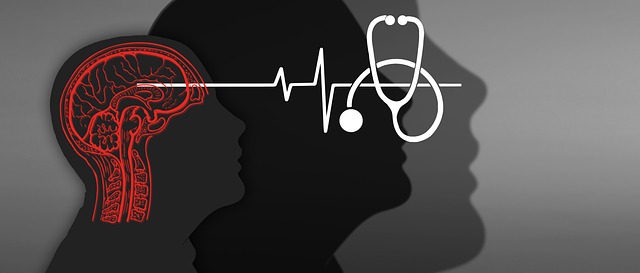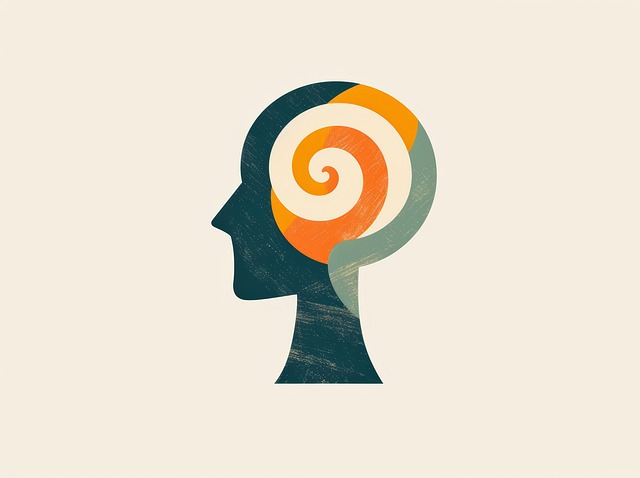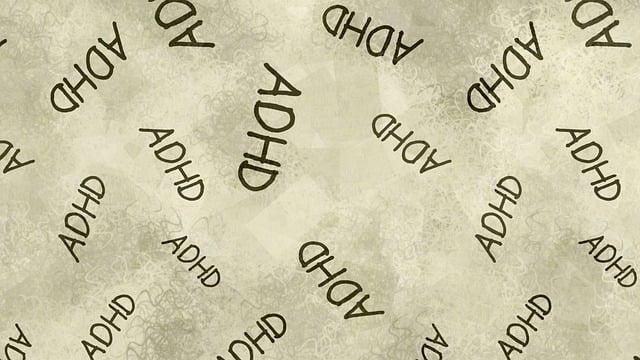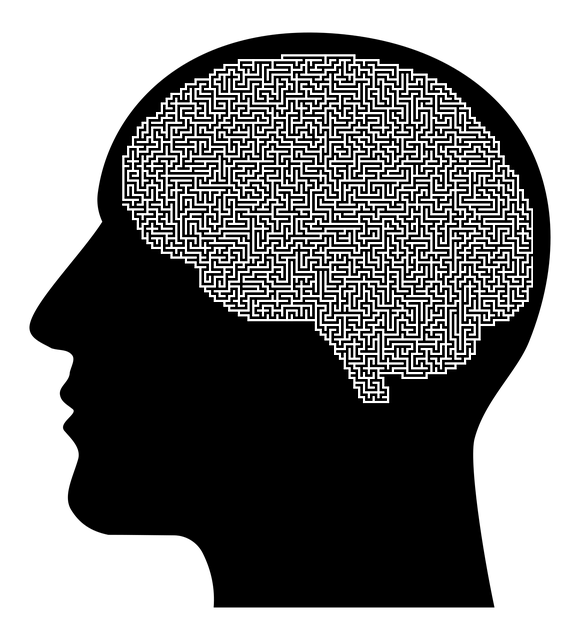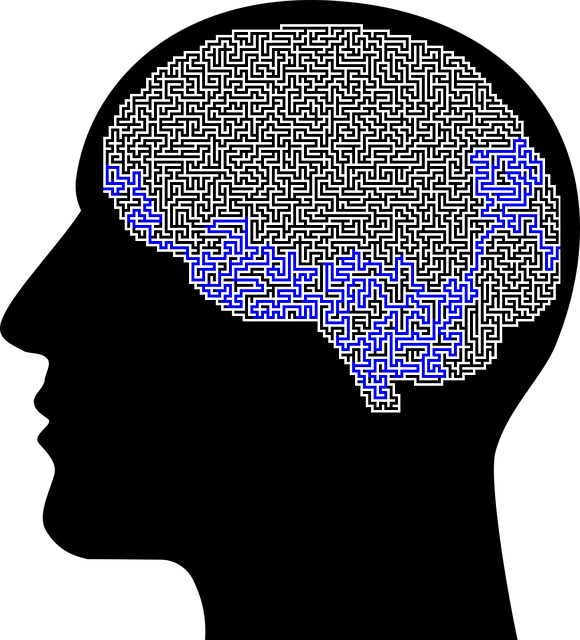The pervasive stigma surrounding mental illness acts as a significant barrier, hindering individuals from seeking help and affecting their recovery. This societal issue includes negative attitudes, stereotypes, and discrimination, leading to isolation and challenges in accessing services like Castle Rock Men's Issues Therapy. To combat this, strategies such as Mental Health Awareness campaigns and Mental Wellness Coaching Programs focus on education, empathy, early intervention, and burnout prevention for healthcare providers.
Castle Rock Men's Issues Therapy provides safe spaces for emotional exploration using evidence-based approaches like CBT and mindfulness to equip men with emotional regulation skills. Community workshops led by experts further reduce stigma through awareness, understanding of mental health signs, and validation of male emotional experiences.
Tailored strategies address unique challenges faced by men due to societal expectations, validating masculine expressions and normalizing vulnerability. Rigorous evaluation methods track changes in attitudes, behaviors, and help-seeking practices within the community, ensuring effective interventions like Compassion Cultivation Practices and Trauma Support Services lead to tangible improvements in mental health outcomes.
Mental illness stigma is a pervasive barrier to treatment and recovery. This article explores comprehensive efforts to reduce this stigma, focusing on strategies that have proven effective in various settings. We delve into the profound impact of societal attitudes, examining how they affect individuals’ willingness to seek help. Through understanding, therapy, education, and targeted programs like those offered by Castle Rock Men’s Issues Therapy, we can foster a more supportive environment for mental health.
- Understanding Stigma and Its Impact on Mental Health
- The Role of Therapy in Combating Stigma
- Strategies for Educating Communities about Mental Illness
- Supporting Men's Mental Health: Unique Challenges and Solutions
- Measuring Success: Evaluating Stigma Reduction Programs at Castle Rock Mens Issues Therapy
Understanding Stigma and Its Impact on Mental Health

Stigma surrounding mental illness is a pervasive and detrimental force that significantly impacts individuals’ willingness to seek help and maintain recovery. It often manifests as negative attitudes, stereotypes, and discrimination towards people experiencing psychological disorders. This societal stigma can lead to social isolation, reduced self-worth, and barriers to accessing essential services like Castle Rock men’s issues therapy. Understanding the profound effects of mental health stigma is crucial in developing effective reduction strategies.
The impact extends beyond the individual, affecting families, communities, and society at large. It hinders open conversations about mental wellness, which is vital for fostering support networks and implementing successful burnout prevention strategies for healthcare providers. By raising awareness and challenging societal norms, initiatives like Mental Health Awareness campaigns and the development of Mental Wellness Coaching Programs can play a pivotal role in reducing stigma. These efforts aim to educate, promote empathy, and encourage early intervention, ultimately contributing to improved mental health outcomes.
The Role of Therapy in Combating Stigma

Stigma surrounding mental illness can be a significant barrier to individuals seeking help and support. Castle Rock mens issues therapy plays a crucial role in combating this stigma, providing a safe and non-judgmental space for men to explore their emotional well-being. Through various therapeutic approaches, such as cognitive behavioral therapy (CBT) and mindfulness techniques, therapists aid clients in developing emotional regulation skills. These strategies empower individuals to manage their mental health proactively, fostering self-acceptance and challenging societal norms that contribute to stigma.
By integrating evidence-based emotional regulation and mental health awareness promotion techniques, Castle Rock mens issues therapy offers a comprehensive solution. Sessions are designed to help men understand the complexities of their emotions, dispel misconceptions about mental illness, and encourage open conversations. This not only enhances emotional well-being but also contributes to broader mental health awareness, creating a more supportive environment where individuals can thrive without fear of stigma or discrimination.
Strategies for Educating Communities about Mental Illness

Educating communities about mental illness is a pivotal strategy in reducing stigma and fostering understanding. It involves creating opportunities for open conversations around mental health, breaking down myths, and providing accurate information. Schools, workplaces, and community centers can host workshops or seminars led by professionals like Castle Rock Mens Issues Therapy experts who specialize in emotional healing processes. These sessions can cover topics such as recognizing signs of common mental disorders, understanding the impact of stress and trauma on mental well-being, and promoting emotional regulation techniques. By equipping individuals with this knowledge, communities become more supportive environments, encouraging those struggling to seek help without fear of judgment.
Additionally, involving community leaders, influencers, and local celebrities who have personally experienced or advocated for mental health awareness can be powerful. Sharing their stories helps humanize mental illness, demonstrating that it’s a common challenge that doesn’t discriminate. This approach not only inspires empathy but also encourages people to engage in conversations about emotional regulation and confidence-boosting strategies, ultimately leading to a more compassionate society where individuals are encouraged to prioritize their mental health.
Supporting Men's Mental Health: Unique Challenges and Solutions

Addressing men’s mental health issues is a critical aspect of stigma reduction efforts, as societal expectations often present unique challenges for male individuals. Men are frequently socialized to suppress emotions and avoid vulnerability, which can hinder their willingness to seek help for psychological struggles. This phenomenon, known as gendered stigma, contributes to a delay in accessing Castle Rock men’s issues therapy and other support systems.
To overcome these obstacles, tailored strategies are essential. Emotional healing processes that focus on masculine expressions of emotion, coupled with mental wellness coaching programs development, can be transformative. Encouraging open dialogue about emotional regulation and normalizing the expression of vulnerability among men is paramount in fostering an environment where seeking help is seen as a sign of strength rather than weakness.
Measuring Success: Evaluating Stigma Reduction Programs at Castle Rock Mens Issues Therapy

Measuring success in stigma reduction efforts is a critical step towards evaluating the effectiveness of programs like Castle Rock Men’s Issues Therapy. To assess progress, they employ robust evaluation methods that go beyond simple participant satisfaction surveys. These include tracking changes in attitudes and behaviors through pre-and post-program surveys, measuring the impact on help-seeking practices within the community, and analyzing referrals to ensure increased access to mental health services for historically stigmatized groups.
Castle Rock Men’s Issues Therapy prioritizes evidence-based interventions such as Compassion Cultivation Practices and Self-Care Routine Development for Better Mental Health. They also offer specialized Trauma Support Services tailored to address the unique challenges faced by men dealing with trauma, fostering a safe and supportive environment that encourages open dialogue and empowers individuals in their healing journeys. This multi-faceted approach, combined with rigorous evaluation, ensures that programs are not only reducing stigma but also leading to tangible improvements in mental health outcomes for participants.
Stigma reduction is a multifaceted approach that, when implemented effectively, can significantly improve mental health outcomes. By fostering understanding through education and therapy, communities like Castle Rock Men’s Issues Therapy are making strides in breaking down barriers. These efforts not only empower individuals facing mental illness but also create safer, more supportive environments. Continued research and community engagement are essential to building upon these successes and ensuring that everyone receives the care they need without fear of judgment or discrimination.
